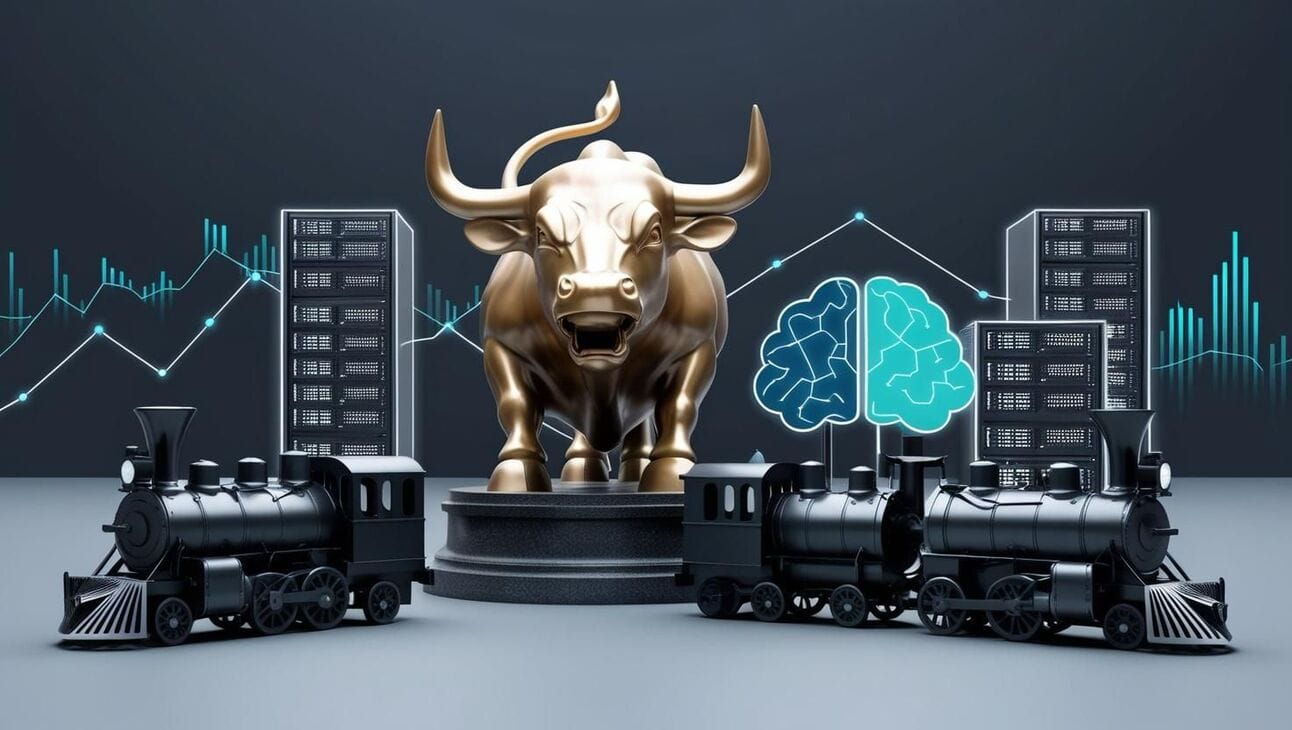Jevons Paradox: When AI Gets Cheaper, Do We Just Want More?
The same economic principle that transformed coal, electricity, and computing is coming for AI

“It is wholly a confusion of ideas to suppose that the economical use of fuel is equivalent to a diminished consumption. The very contrary is the truth.”
What is Jevons Paradox?
Imagine you buy a more fuel-efficient car. You'd think you'd use less gas, right? Well, sometimes the opposite happens - because the car is cheaper to drive, you might take more road trips and actually end up using more gas overall! That's essentially what Jevons paradox is: when something becomes more efficient and cheaper to use, people often end up using more of it, not less.
This idea comes from a British economist named William Stanley Jevons, who noticed in 1865 that when steam engines became more efficient at using coal, factories actually started using more coal, not less.
About Antoinette (ARod) Rodriguez:
Based at One World Trade Center, Antoinette Rodriguez, MBA, delivers actionable insights at the intersection of AI and decentralized finance through Global AI & Crypto Decoded. Drawing from two decades of Wall Street experience and her role as Chairwoman of Financial Advisor Magazine's Invest in Women initiative, Rodriguez provides thought leadership through her weekly newsletter reaching thousands globally, commissioned white papers, and speaking engagements across the Americas and Europe.
Available for:
✓ Newsletter Sponsorship - Reaching thousands of global wealth managers, digital asset enthusiasts, institutional investors, PE firms, and family offices
✓ White Paper Co-Authorship - Translating fintech and DeFi innovations for traditional finance audiences worldwide. Well-funded startups and mid-cap fintech/DeFi companies encouraged to inquire
✓ Speaking Engagements - Keynotes and expert panels at global fintech, family office, and investor events
To discuss newsletter sponsorship, white paper collaboration, or speaking engagements, connect with Antoinette Rodriguez through LinkedIn private messages.
How Does Jevons Paradox Apply to AI in 2025?
The AI world got shaken up when a Chinese company called DeepSeek recently showed they could create powerful AI systems for much less money than companies like OpenAI. At first, this scared investors, who thought it might hurt big tech companies. But then something interesting happened - people started thinking about Jevons paradox.
Microsoft's CEO Satya Nadella pointed out that making AI cheaper and more efficient might actually increase the overall demand for AI services. Think about it like this: when computers became cheaper and more efficient, we didn't end up using fewer computers - instead, everyone got one and started using them more than ever.